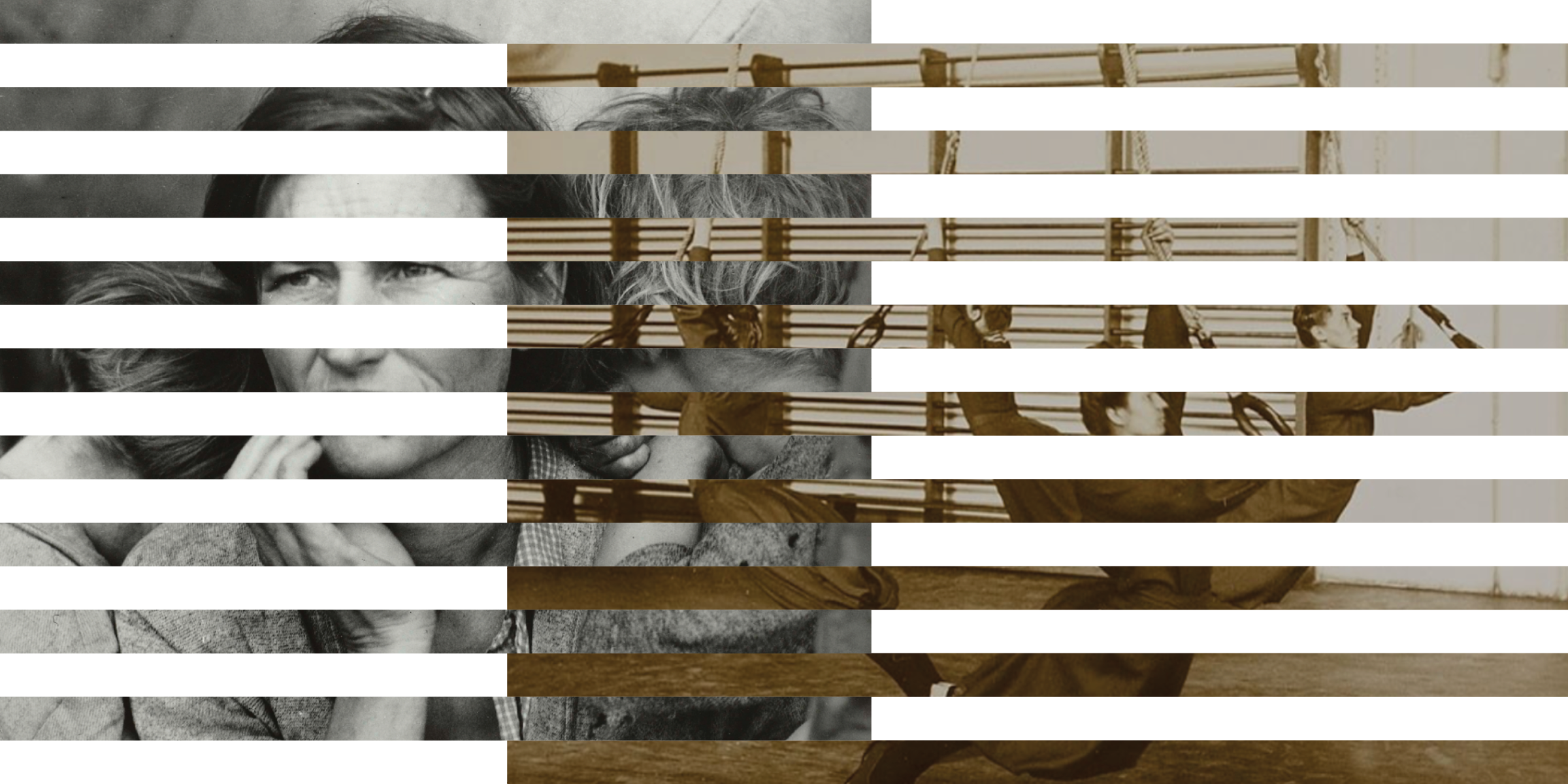Developing CommonsDB: Insights from an Expert Workshop
A recent workshop provided valuable insights into the ongoing development of CommonsDB, a prototype registry of Public Domain and openly licensed works.

Since February, we have been building a prototype registry of Public Domain and openly licensed works, utilizing content-derived, decentralized identifiers to ensure persistent recognition and greater legal certainty for reusing digital content.
To share our plans and validate the registry’s technical requirements, on March 25th we convened a group of external experts in The Hague, including representatives from Beeld en Geluid, Creative Commons, Deutsches Filminstitut & Filmmuseum, and the NYU Engelberg Center on Innovation Law and Policy. Open Future’s Paul Keller presented the conceptual framework of CommonsDB and explained how the registry will be developed, before Liccium’s Sebastian Posth gave a technical introduction to the registry’s architecture and data flows. Here’s how the discussions went.
Key Conceptual and Technical Elements Discussed
The expert workshop delved into several crucial conceptual and technical aspects underpinning the CommonsDB registry. Firstly, the discussion clarified the scope of "open content" that the prototype will initially accommodate: the registry will accept works that are declared as being in the Public Domain, as well as content that is licensed under CC0, CC BY, and CC BY-SA. This approach aligns with the Open Definition and FAIR data principles, and participants noted the future potential to support other open statements in the registry.
The registry defines "works" primarily as digital files that can generate an ISCC code, initially focusing on image-based content. Extending support to other media types, such as video, will be discussed at a later stage of the project.
Sebastian Posth's technical presentation focused on the user interface and declaration process. He illustrated how users will declare rights and how the registry will enable the discovery and review of different rights statements associated with various digital assets of the same underlying work. This demonstration naturally led to a discussion around the challenges of resolving potentially conflicting declarations and underscored the critical importance of authenticity and trust in the information provided.
Furthermore, the workshop explored the registry's advanced search functionalities, including vector search for identifying similar ISCC codes and the ongoing development of enhancing content matching capabilities. The integrity of the data within the registry was also a significant point, with attendees emphasizing the necessity of verifiable credentials to ensure trustworthy rights information through proper identification of the declaring parties. The importance of persistent identifiers for the long-term findability of digital assets within the CommonsDB registry was emphasized.
Practical Considerations and Challenges
Building upon these core elements, the workshop also dedicated significant discussion to the practical aspects of implementing and scaling the CommonsDB registry. How should registry participation be made straightforward and something that people want to do?
Workshop participants considered the diverse range of potential third-party users (such as libraries and content repositories) and end users, emphasizing the need for scalability and integration with existing platforms like the Internet Archive, Europeana, Wikimedia Commons or Flickr and other user generated content platforms.
Key conceptual issues, notably the implications of making a declaration and the necessary incentives for third-party participation in CommonsDB, were discussed. The participants further explored the registry's ability to distinguish between original and manipulated content, user experience considerations during the declaration process, and the relevance of content matching detection for online platforms covered by Article 17 of the Copyright in the Digital Single Market directive.
Sustainability and Future Applications
The participants saw developing a sustainability plan as crucial for the registry, aiming for its long-term establishment as a public digital infrastructure. Challenges arising from the distinction between content holders and rights holders was discussed, particularly in the context of communicating AI training preferences and opt-outs.
The workshop concluded with a summary of key discussions and next steps, emphasizing the valuable insights gained for the registry's ongoing development. Ultimately, the workshop served as a crucial step in shaping the development of this federated architecture for managing rights information for Public Domain and openly licensed digital assets. It validated our approach and demonstrated external interest in CommonsDB beyond the project consortium.